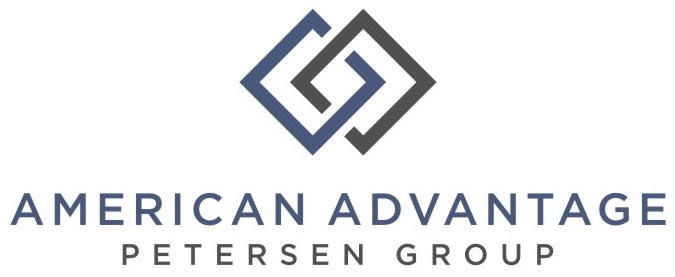FAQ
Should I Purchase Rental Car Insurance?
This is a common question and simply put, the answer is… “it depends”. There are a few factors to consider when deciding whether or not to buy rental car insurance. For starters, every State has different laws and each rental car company has a different contract, so it’s up to you to make sure you know what you are signing.
When at the rental car counter, they will typically offer you two different coverage waivers:
- Physical Damage Waiver – which covers damage to the car itself
- Liability Waiver – which covers resulting damage to the other person’s car and medical bills if you are at fault in the accident
- You can purchase these waivers individually or together
In general, your personal auto policy will extend physical damage and liability to a rented vehicle within the limits of your current coverage. For example; if you have a $500 collision deductible and liability limits of $300,000, you would have this same coverage while driving a rental. However, it’s important to note – if you have only liability coverage on your own vehicle, you will need to purchase the Physical Damage Waiver. If you have collision or other than collision coverage on at least one vehicle, then that same coverage would carry over from your policy to the rental vehicle.
With that being said, a lot of people do not take the insurance from the rental car agency because their personal auto policy will extend coverage to the rental car. Also, if you charge the cost of the rental car on a credit card, your credit card may include rental car loss damage waiver as a cardholder benefit.
However, there are a few things you will want to understand that are potentially not covered:
- Some rental agreements can hold you responsible for “loss of use”. If you are in an accident while driving a rental and the car needs to go into the shop for repairs, the rental company can charge you the loss of rental fees for the “down time” of the vehicle. For example, if a rental car costs $30 a day and the car is in the body shop for 3 weeks, you could be charged $30 x 21 days or $630 of “loss of use”.
- Some rental agreements can hold you responsible for “diminution in value”. This means, the rental company can charge you for the reduction in the car’s market value due to its having been in an accident. When the repaired car is eventually sold, it may bring in a lower price. The difference in value of the car before the accident and after the accident is the “diminution in value”. For example, if the rental car was worth $20,000 before the accident, and they can only sell it for $15,000 after the accident, the diminutive value would be $5,000. Most personal auto policies will not cover this.
- How important is your time and the cost of your trip? If you’re in an accident with a rental car and did not purchase the physical damage or liability waivers, you now need to file a claim with your own personal auto carrier and pay any applicable deductibles. Reporting and sorting through the loss details could occupy enough of your time and may cause you to miss a flight or scheduled meeting. Purchasing rental car insurance can certainly save you time and the hassle, so consider the impact that this interruption may have on your trip.
- What type of vehicle are you renting? If you are renting a U-Haul or another large truck you will most likely need to purchase the rental agency’s insurance. There is a weight limit on your personal auto policy and most times these vehicles fall outside that limit.
- Where are you going to be traveling? Your personal auto policy covers you only for travel in the USA and its territories, and Canada. So if you are traveling internationally – you will definitely need to purchase insurance from the rental agency.
